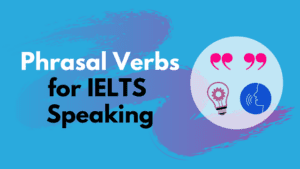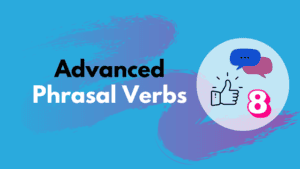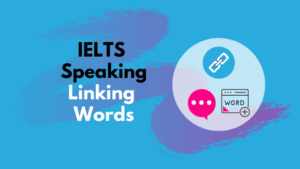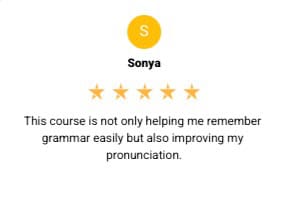How to Speak English like a Native Speaker
Do you sometimes find native English speakers can’t understand you? Would you like to speak English more like a native speaker?
If so, keep reading and watch the video below, and I will have you speaking more like a native speaker in 20 minutes.
This will not only help boost your confidence, but also help you get a higher score in IELTS Speaking.
Let’s do it.
Table of Contents
How native speakers actually speak english
When native English speakers start taking, they do a lot of things with words that you cannot see in the written word.
These include:
Connecting or Linking words
Get up = get_up
Using contractions
I will = I’ll
Adding sounds
Go away = go-w-away
Dropping sounds
I must go = I mus-go
Changing sounds when 2 words come together.
Don’t you = donchu …/dəʊntʃuː/
Leaving out whole words
I am going to the pub, are you coming? = I am going to the pub, coming?
In this lesson, we will focus on pronunciation and fluency. I will help you hear and practice some of the most common examples where natural native English speaking is different from the words you see in a book.
Linking words in common questions
When you read a sentence, you will probably read it word by word, for example,
What – do – you – do?
But actually, native English speakers link all words together, so it sounds like this
Wadeje do?
This is what we say when we want to know what someone’s job is.
Likewise, for this question,
What – do – you – want?
We would say,
Wadeje wan?
You might say this if someone is annoying or interrupting you, and also if you want to know what a friend wants to eat or drink in a restaurant.
Here are some more examples with common questions.
What – are – you – doing?
Wadeje doin?
What – are – you – up – to?
Wadeje wupto?
What – are – you – having?
Wadeje havin?
The latter might be said again when asking a friend what they want to eat or drink in a bar or restaurant.
In the following questions, we change the sounds between the words.
Do – you – want – a – coffee?
Djewana coffee?
Would – you – like – a – coffee?
Wudjelika coffee?

Dropping sounds when using 'he'
When we use the third person singular ‘HE’ after an auxiliary verb, (e.g. does, was, has) we often drop the /h/ sound.
See the examples of how the sounds change below.
Does – he – like – it?
Duzi likit?
Was – he – happy?
Wuzi happy?
Has – he – called – you?
Huzi calledju?
Can I use wanna and gonna in IELTS speaking?
The simple answer is YES!
Gonna and Wanna are contractions and in IELTS Speaking you should be using contractions because they are a part of natural spoken English.
Let’s have a look at these contractions, and some more, with examples.
I – am – going – to – go
amgonna go
I – want – to – go
awanna go
Shall – we – go?
Shwe go?
To express a regret we can say;
I – should – have – gone
ashude gone
To express a possibility in the past we can say;
I – could – have – gone
akude gone
Be clear about your goal
Next, I want to be clear that your goal does not have to be, to sound exactly like a native speaker.
There is no need – you can be a C1 advanced or C2 proficient level speaker, without sounding exactly like a native.
In fact, it’s a model that is impossible for most people and may lead to frustration.
No, my message is;
Try to sound more like a native speaker; to use more natural pronunciation features, when you can.
No pressure – just enjoy playing with these sounds.
It’s about practice – not perfection!
What did you think of this lesson? Let me know in the comments below.
Improve your Speaking Skills with this Free Course
Crack IELTS Speaking Part 1
Learn to Speak with Confidence in Part 1 of Your IELTS Test!
⭐️⭐️⭐️⭐️⭐️
‘It’s such a great course. I’ve learned so many usages for speaking part 1.’
Zu Htet






8 thoughts on “How to Speak English like a Native Speaker”
wow, it’s really helpful!!! thanks for sharing
Glad you liked it. Thanks!
this is very informative, thanks a lot, so I would like to know about your online course.
Thank you. You can find out more about my online courses here: https://courses.keithspeakingacademy.com/courses
This lesson is very important because it is clear and easy to understand. Many tips help us to preparate to make the exames.
Your way to teach is very good and we stay confident for this.
Hugs!!
Thanks Diana – so glad you find it useful.
Thank you very much, it was very interesting to know.
I am pleased you liked it